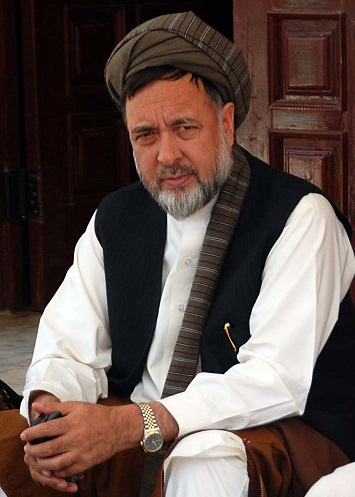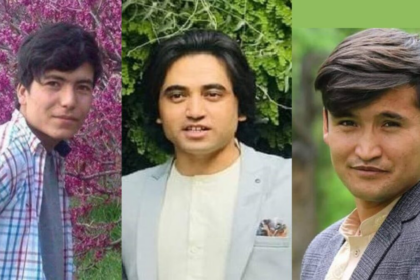RASC News Agency: Mohammad Mohaqiq, leader of the People’s Islamic Unity Party of Afghanistan, declared during a virtual conference on Monday that regional attitudes toward the Taliban are undergoing a fundamental shift. He noted that several neighboring countries have already adjusted their positions significantly, while others are in the process of reassessing their approach. Addressing members of the Freedom Front and the National Resistance Front during a commemoration event marking the second anniversary of the deaths of key resistance figures in Salang, Mohaqiq stated, “Like you, we remain entrenched in the resistance, and our reemergence will be even more radiant.”
He acknowledged the considerable challenges that anti-Taliban factions have faced over the past four years but asserted that the political space is now gradually reopening, setting the stage for their return. “This return,” he affirmed, “will be thunderous, decisive, and unwavering.” For the first time, Mohaqiq publicly claimed active involvement in armed confrontation with the Taliban. However, to date, no independent verification has surfaced confirming direct clashes between Taliban forces and any units loyal to him. Now in exile, the veteran political figure launched scathing criticisms of both regional powers and the United States for what he described as enabling the Taliban. “Certain regional countries, driven by fear, are effectively ensuring the Taliban’s security, while Western governments and international institutions like the United Nations continue to bankroll the group,” he said.
He further stated that the Trump administration, following its return to power, had suspended a significant portion of humanitarian assistance to Afghanistan. The U.S. State Department, which designates the Taliban as a terrorist organization, has also accused the group of exploiting aid distributed by international relief agencies such as the United Nations. Earlier, the Special Inspector General for Afghanistan Reconstruction (SIGAR) reported that the Taliban had gained access to approximately $10 million out of the $3 billion in U.S. assistance to Afghanistan largely by imposing levies on international organizations operating within the country.
In response to the U.S. aid cuts, the United Nations warned that such measures could exacerbate food insecurity and further restrict access to critical services, particularly for women and vulnerable populations. Mohaqiq stressed that the shifting posture of regional states toward the Taliban could ultimately weaken the group’s regional standing. His remarks alluded to recent tensions between the Taliban and Pakistan, particularly over the Taliban’s alleged harboring of militants affiliated with Tehrik-i-Taliban Pakistan (TTP).
Nonetheless, on the same day, Irfan Siddiqui, Chairman of Pakistan’s Senate Standing Committee on Foreign Affairs, stated during a closed-door briefing that indications of improved ties between Islamabad and the Taliban were beginning to emerge. He also confirmed that preparations were underway for upcoming high-level diplomatic visits to Afghanistan.






